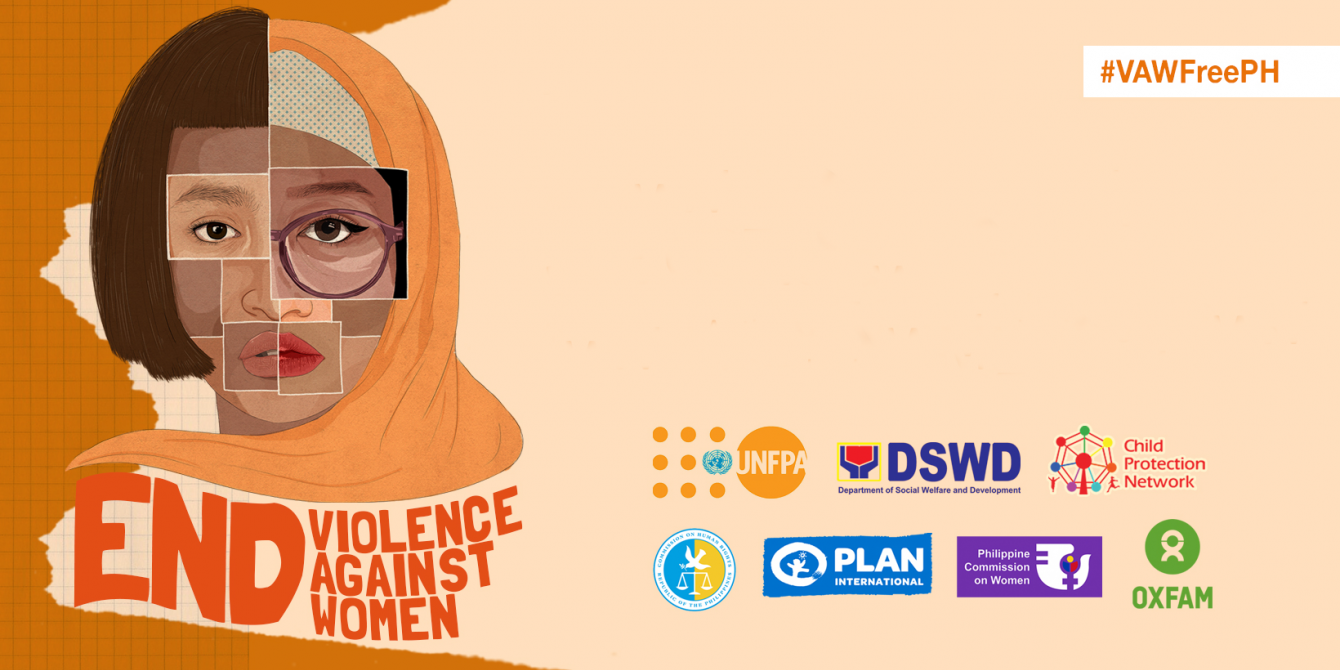
Ensuring access to sexual and reproductive health care starts with robust data
Throughout the COVID-19 pandemic, women's choices and rights to sexual and reproductive health (SRH) care have been deprioritized and ignored. Additional contraception methods and SRH information, while identified by the Department of Health as essential life-saving devices, are not evenly implemented as essential requirements of both national and local COVID-19 responses. This issue is just as important as food security, jobs and economy, health, and safety.
Mobility restrictions and transport suspensions, and securitized health protocols have made it difficult for women to access family planning services and commodities offered in health facilities like rural health units and barangay health stations. Oxfam's partners, MIDAS in Legaspi City, Albay in Bicol, and SIKAP in CARAGA, Northern Mindanao, have reported that women in the communities they work with could not go for routine check-ups and services that would address SRH needs during the lockdown, including family planning and counseling and services, or even a pap smear.
To better understand the pandemic's gendered dimensions, Oxfam and 26 organizations worked together to develop a comprehensive survey to surface the gendered impacts of Covid-19. The survey included 950 respondents (65% female, 32% male, and 3% others), who participated in online interviews and surveys, from six regions: BARMM, Bicol, Calabarzon, NCR, Nueva Ecija/Central Luzon, Samar, and Western Visayas.
The survey yielded significant findings on the gendered impacts of the pandemic and are truly cause for alarm. Six months before the pandemic, family planning services were at 11 percent, which lowered to five percent during the pandemic. Many of the respondents reported that they had no easy access to contraceptive pills and instead relied on pharmacies for their supply.
Two thirds (74%) of the respondents confirmed that their barangay health center is the easiest health service to access. However, the shift in priorities among the health front-liners as a response to the pandemic and the observance of strict health and safety protocols prevented women and young mothers from going to rural health units for consultations on their sexual and reproductive health and rights (SRHR).
In the Sexual Health and Empowerment (SHE) project sites of Bicol, Eastern Samar, Northern Mindanao, and BARMM, our seven partners have echoed the same disturbing SRHR-related repercussions of the pandemic. There were reported maternal and neonatal deaths, infant death, miscarriage, gender-based violence (GBV), unintended pregnancies, and child, early and forced marriage (CEFM). There is also a preference for home-based delivery over facility-based delivery, putting young pregnant women, aged 10 to 19, at risk of possible complications from childbirth. The fear of contracting the virus, strict health and safety protocols, unreliable transportation facilities, and high costs have compounded the problem.
We presented our findings during the legislative inquiry concerning Senate Resolution No. 446, which urges the government to integrate a 'gender lens' into its COVID-19 programs, given the disproportionate impact of the pandemic on women girls. We saw data as a powerful tool to strengthen COVID-19 interventions to be gender-responsive and sensitive to protection issues. Further, the information has been valuable in developing practical and targeted recommendations for relevant line agencies of government, local government units, and our local development and humanitarian partners. For example, our partner women’s rights organizations have included hotline numbers for GBV reporting in the information materials placed inside hygiene kits during humanitarian response.
Moving forward, the RGA results provide significant perspectives on the various dimensions of the COVID 19 pandemic, its effects on individuals, families, and communities. First, we must explore the potential role and contribution of community pharmacies in the delivery of SRHR associated services more deeply, as done by other countries like Nigeria and Kenya. Second, we must sustain and strengthen the functionality of existing local-level mechanisms for safeguarding and protecting women, adolescents, and children against GBV and intimate partner violence. These include earmarking funds for the Barangay Council for the Protection of Children, VAWC Desks, and child protection units in LGU-funded hospitals. Across these recommendations, there is a need for massive education and awareness-raising of constituents about SRHR as part of human rights by participating in organized groups, youth advocates and champions, and social media.
Let us look at what the data says. Let us turn problems into opportunities and remember that sexual and reproductive health care is essential.
###
Ces De Castro-Villa is the Sexual and Reproductive Health and Rights (SRHR) Advisor of Oxfam Philippines. Oxfam, with the financial support of the Government of Canada, launched the SHE Project, which seeks to empower 85,000 people across six disadvantaged and conflict-affected regions in the Philippines to improve their access to sexual and reproductive health and rights (SRHR) information and services. See: https://www.oxfam.ca/project/she/

 Follow us on Facebook
Follow us on Facebook Instagram
Instagram Follow us on Twitter
Follow us on Twitter LinkedIn
LinkedIn